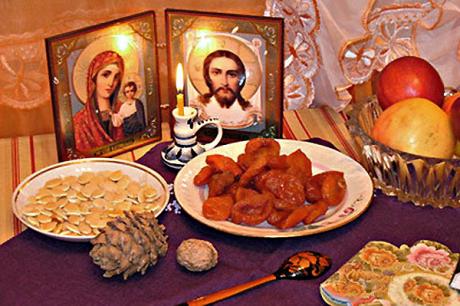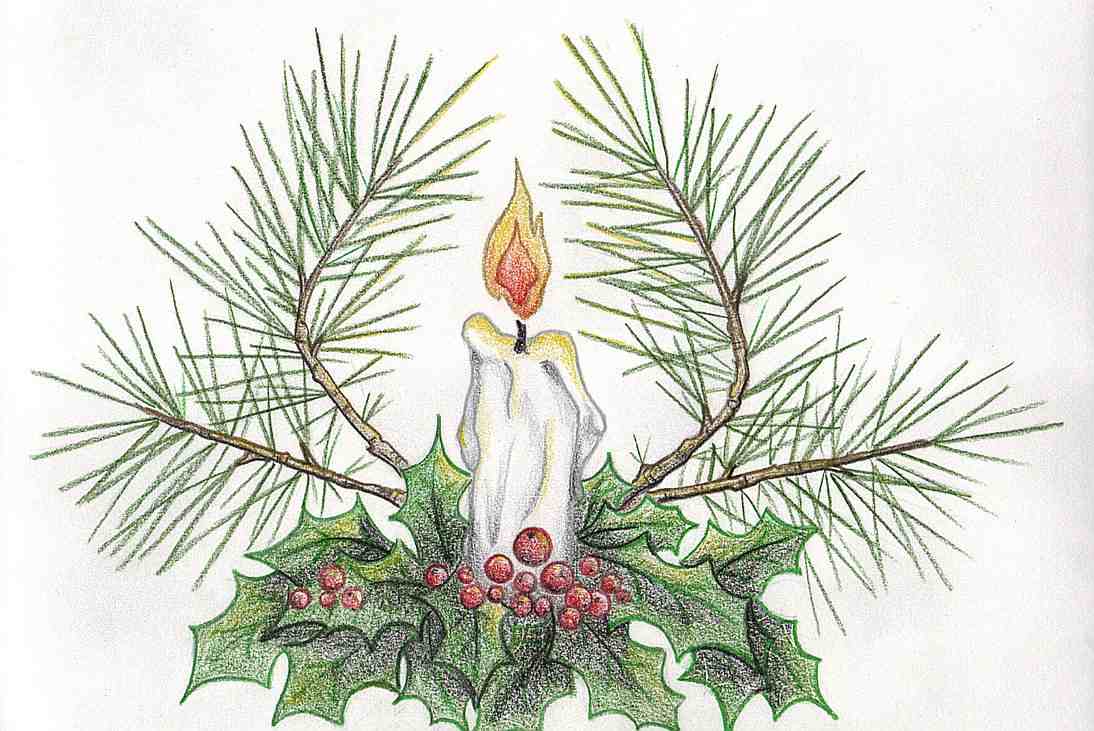The Nativity Fast is a period of abstinence and penance practiced by the Eastern Orthodox, Oriental Orthodox, and Eastern Catholic Churches, in preparation for the Nativity of Jesus, (December 25).
This is a joyous fast in anticipation of the Nativity of Christ. That is the reason it is less strict than other fasting periods. The fast is divided into two periods. The 1st period is November 15th through December 19th when the traditional fasting discipline (no meat, dairy, fish, wine, and oil) is observed.
There is dispensation given for wine and oil on Tuesdays and Thursdays. Similarly, fish, wine, and oil are permitted on Saturdays and Sundays. The 2nd period is December 20th through 24th when the traditional fasting discipline (no meat, dairy, fish, wine, and oil) is observed. There is dispensation given for wine and oil only on Saturday and Sunday during this period. Here are the guidelines:
- Meat – Abstain
This includes: beef, chicken, pork, turkey, elk, veal, lamb, deer, rabbit, buffalo, and so forth
- Dairy – Abstain
This includes milk, eggs, cheese, butter, yogurt, cream, and so forth
- Fish – Permitted only on Saturdays and Sundays before December 20.
This includes fish with a backbone, but does not include shrimp, octopus, shellfish, squid, or other seafood. Note: (some permit fish Tuesdays and Thursdays also)
- Wine – Permitted only on Tuesdays, Thursdays, Saturdays, and Sundays before December 20.
Some include all types of alcohol in this category.
- Oil – Permitted only on Tuesdays, Thursdays, Saturdays, and Sundays before December 20.
Abstinence includes refraining from the food and drink mentioned above, as well as from smoking. The Eucharistic Fast means abstaining from at least the previous midnight for communing at a morning Liturgy.
The Purpose of Fasting
The purpose of fasting is to focus on the things that are above, the Kingdom of God. It is a means of putting on virtue in reality, here and now. Through it we are freed from dependence on worldly things. We fast faithfully and in secret, not judging others, and not holding ourselves up as an example.
Fasting in itself is not a means of pleasing God. Fasting is not a punishment for our sins. Nor is fasting a means of suffering and pain to be undertaken as some kind of atonement. Christ already redeemed us on His Cross. Salvation is a gift from God that is not bought by our hunger or thirst.
- We fast to be delivered from carnal passions so that God’s gift of Salvation may bear fruit in us.
- We fast and turn our eyes toward God in His Holy Church.
- Fasting and prayer go together.
- Fasting is not irrelevant.
- Fasting is not obsolete, and it is not something for someone else.
- Fasting is from God, for us, right here and right now.
- Most of all, we should not devour each other.
- We ask God to “set a watch and keep the door of our lips.”
Do NOT Fast
- Between December 25 and January 5 (even on Wednesdays and Fridays);
- If you are pregnant or nursing a newborn;
- During serious illness;
- Without prayer;
- Without alms-giving;
- According to your own will without guidance from your spiritual father.
Source: Antiochian
Krazelna: Day of Hekate
Krazelna: Day of Hekate
Krazelna: Day of Hekate
Rachel V Perry: Emancipation Day
Rachel: The Nemesia




Leave a Reply